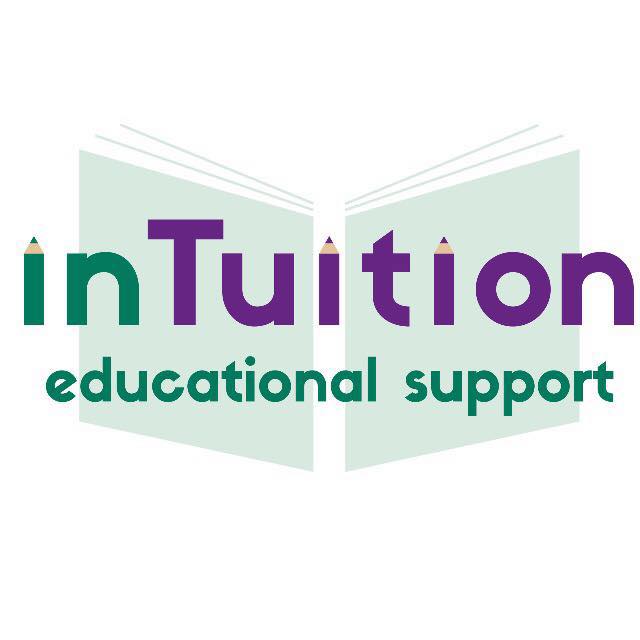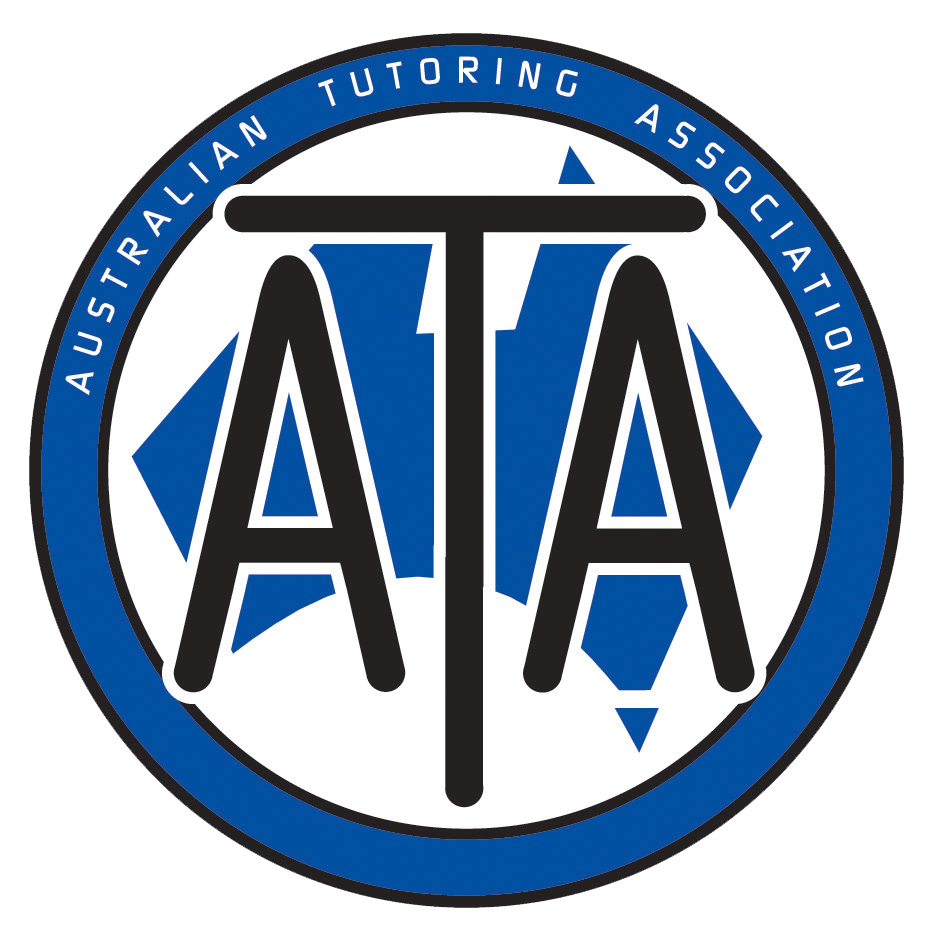The Serious Impact of Sleep Deprivation on Young People
Why We Need To Sleep

The Serious Impact of Sleep Deprivation on Young People
Sleep deprivation is a significant issue that greatly affects young people, with long-term deficits leading to serious health problems. It's essential to understand the profound effects of insufficient sleep and the importance of establishing healthy sleep habits, particularly for teenagers.
Health Consequences of Sleep Deprivation
Long-term sleep deficits can lead to various severe health issues:
Cardiovascular Problems: Chronic sleep deprivation is linked to an increased risk of heart disease. According to the American Heart Association, lack of sleep can lead to hypertension, stroke, and heart failure (AHA, 2019).
Obesity: Sleep deprivation affects hormones that regulate hunger, leading to increased appetite and potential weight gain. A study published in the Journal of Clinical Endocrinology & Metabolism found that sleep restriction is associated with elevated levels of ghrelin (a hormone that stimulates appetite) and reduced levels of leptin (a hormone that signals satiety) (Taheri et al., 2004).
Weakened Immune System: Adequate sleep is crucial for a robust immune system. Research shows that sleep deprivation can impair the body's ability to fight off infections. A study in Sleep journal demonstrated that individuals who sleep less than seven hours are almost three times more likely to develop a cold compared to those who sleep eight hours or more (Prather et al., 2015).
Emotional and Mental Health Issues: Sleep deprivation is strongly linked to emotional problems such as depression and anxiety. The Journal of Youth and Adolescence highlights that insufficient sleep during adolescence is associated with an increased risk of developing mood disorders (Roberts et al., 2009).
Why Teenagers Are Particularly Affected
Teenagers are the most affected by sleep deprivation due to several biological and social factors:
Delayed Melatonin Release: In teenagers, the release of melatonin, a hormone that induces sleep, occurs later at night compared to children and adults. This shift causes them to feel tired later in the evening and struggle with early morning wakefulness.
Circadian Rhythm Changes: Adolescence brings a reset in the circadian rhythm, the internal clock that regulates sleep-wake cycles. This shift can make it difficult for teenagers to fall asleep early and wake up early, contributing to sleep deficits.
Social and Academic Pressures: Busy schedules, academic demands, and social activities often lead to late bedtimes and early wake-up times, further exacerbating sleep deprivation.
The Importance of a Good Night's Sleep
A good night's sleep is crucial for everyone, especially teenagers, as it improves:
Attention and Cognitive Function: Adequate sleep enhances focus, learning, and memory.
Athletic Performance: Proper rest is essential for physical recovery and peak athletic performance.
Emotional Stability: Sufficient sleep helps regulate emotions and reduce irritability and moodiness.
Overall Health: Sleep supports normal growth, development, and a strong immune system.
Signs of Insufficient Sleep
Even if you think you are getting enough sleep, you may not be. Signs of sleep deprivation include difficulty waking up, trouble concentrating, irritability, moodiness, feeling sad or depressed, and falling asleep during the day.
Tips for Improving Sleep
There are several ways to improve sleep:
Maintain a Regular Sleep Schedule: Go to bed and wake up at the same time every day, even on weekends.
Exercise Regularly: Physical activity can help you fall asleep faster and enjoy deeper sleep.
Avoid Caffeine: Limit caffeine intake, especially in the afternoon and evening.
Dim Lights Before Bed: Reducing light exposure in the evening can help signal to your body that it’s time to wind down.
Avoid Napping During the Day: Naps can interfere with night-time sleep.
Create a Suitable Sleep Environment: Keep your bedroom cool, quiet, and dark.
Turn Off Electronics Before Bed: Electronic devices emit blue light, which can disrupt sleep. Turn off screens at least an hour before bedtime.
Recommended Sleep Duration
Experts recommend 8-10 hours of sleep for teenagers aged 13-18. However, simply lying in bed trying to sleep does not count. Teenagers often struggle to fall asleep quickly, partly due to spending too much time on electronic devices before bed. Unfortunately, most teens only get 6.5 to 7.5 hours of sleep per night. It's concerning since 6 hours is the absolute minimum needed for the brain to function properly throughout the day. On the other hand, having more than 10 hours of sleep a day can also be detrimental, except when the body needs additional rest due to illness.
Conclusion
In summary, sleep deprivation poses significant risks to young adults and is an important topic to address. Ensuring that teenagers get enough quality sleep is crucial for their physical, emotional, and mental well-being. By fostering healthy sleep habits, we can help young people thrive and lead healthier, happier lives.
References:
Prather, A. A., Janicki-Deverts, D., Hall, M. H., & Cohen, S. (2015). Behaviorally assessed sleep and susceptibility to the common cold. Sleep, 38(9), 1353-1359.
Roberts, R. E., Roberts, C. R., & Duong, H. T. (2009). Sleepless in adolescence: Prospective data on sleep deprivation, health and functioning. Journal of Youth and Adolescence, 38(5), 684-696.
Taheri, S., Lin, L., Austin, D., Young, T., & Mignot, E. (2004). Short sleep duration is associated with reduced leptin, elevated ghrelin, and increased body mass index. Journal of Clinical Endocrinology & Metabolism, 89(1), 303-309.














